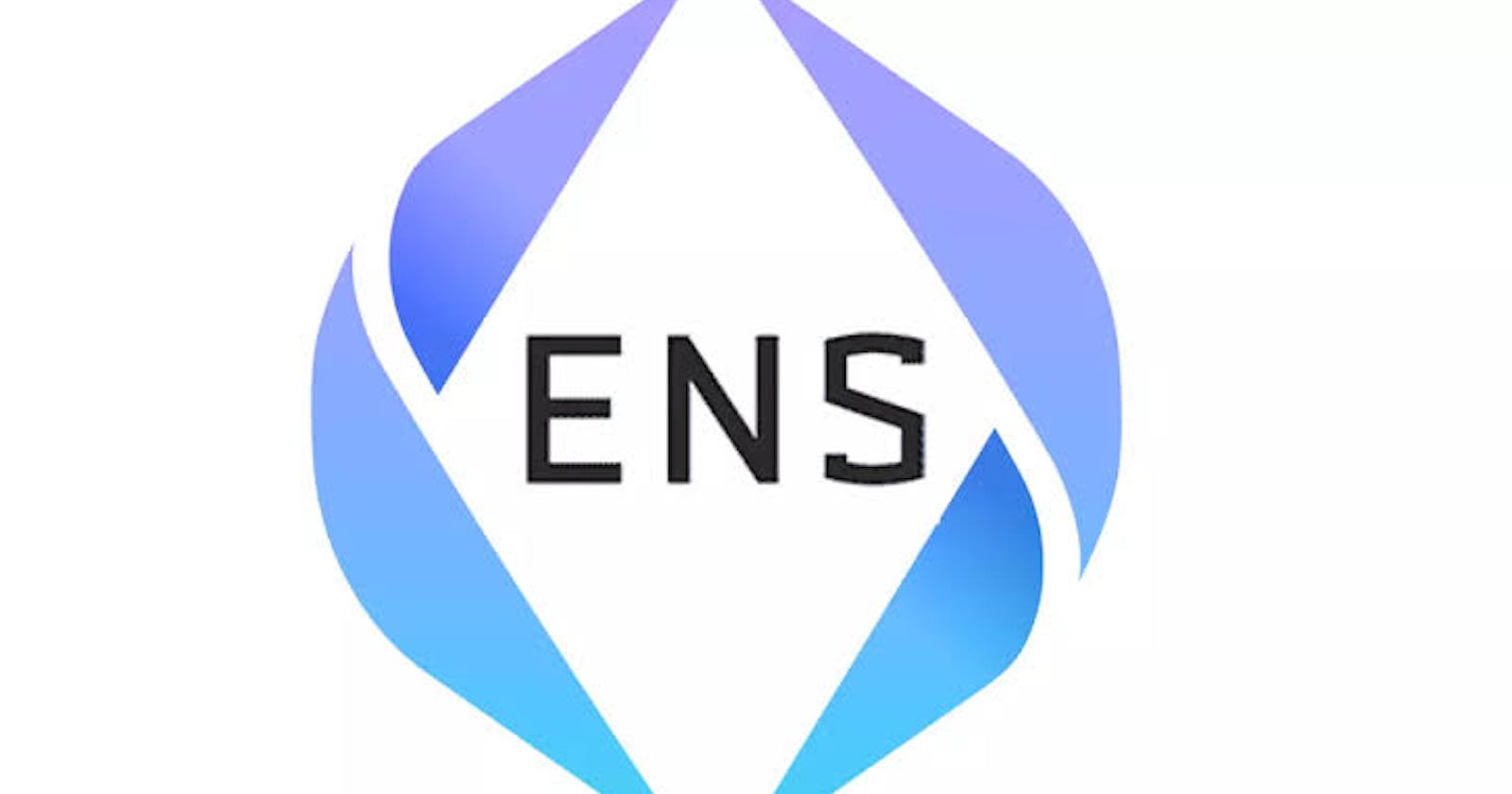The Ethereum Name Service (ENS) is a decentralized naming system based on the Ethereum blockchain that implements a secure and decentralized domain name system based on the Public Suffix List. The smart contract automates the process of claiming and assigning human-readable names in a way that can be integrated into virtually any decentralised application.
ENS typically involves typing an easy-to-remember .eth address instead of a long, hard-to-memorize public key. Anyone who has dealt with the Ethereum platform knows what a pain it can be to have to constantly switch between wallets or deal with long and complex addresses.
Why is ENS important?
ENS domains are a critical part of the Web3 ecosystem. They're not just another domain extension. They allow for safe and secure ownership of anything on the Ethereum blockchain. This makes them valuable in all kinds of situations, including a wide array of DApps and smart contracts.
ENS names are critical infrastructure in the bid to migrate the web to Ethereum as they serve as identifiers that give humans and machines easy access to decentralized systems built using the Ethereum network.
How to Register an ENS Domain
To create an ENS domain, all you need to do is purchase one, register it using your wallet, and send your desired name to the ENS domain contract address. The following 4 easy steps are a guide on how to register an ENS Domain;
1. Create an account with the Ethereum Name Service. You can do this by going to ens.domains and clicking on "Register" in the top left corner.
2. Once you've registered, go to ens.domains/account/transfers/new and click on "DEX" under the "Contract Address" field. In the dialogue box that pops up, enter 0x2ac7d8e0e3b8a297b4bb88b4c4f056ec397e5aa5 as the Contract Address, and then click "Generate Transaction".
3. Use your wallet (Metamask or other web3-enabled extensions) to sign this transaction by pasting it into the text box that pops up when you click "Sign Transaction". This will send your desired name to your ENS domain contract address.
After a few minutes, your domain should now be available under the name tab of your ENS dashboard.
Use Cases of ENS;
The ENS system is still in its infancy, but it already has a number of use cases aside from being a governance token.
ENS can be used in place of other decentralized systems like Uport. ENS, however, has some advantages over those systems, such as built-in transferability and optional privacy features.
ENS can be used as a general-purpose token to manage ownership of digital assets. This opens up a world of possibilities for organizations looking to incorporate distributed ledger technology into their business models without having to build their own blockchain infrastructure from the ground up.
Final thought
ENS is a new tool, not only to browse and manage your Ethereum-based assets but also to exchange and monitor your Anti-Counterfeiting Certificates. ENS will make the internet more reliable and our digital identities more secure.
